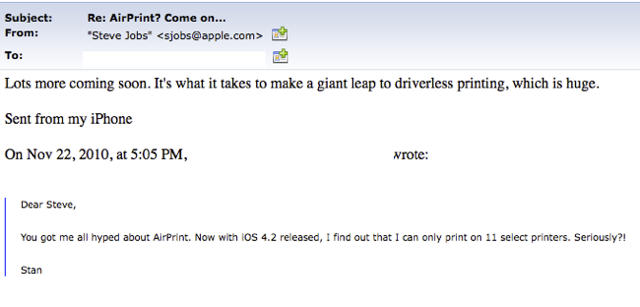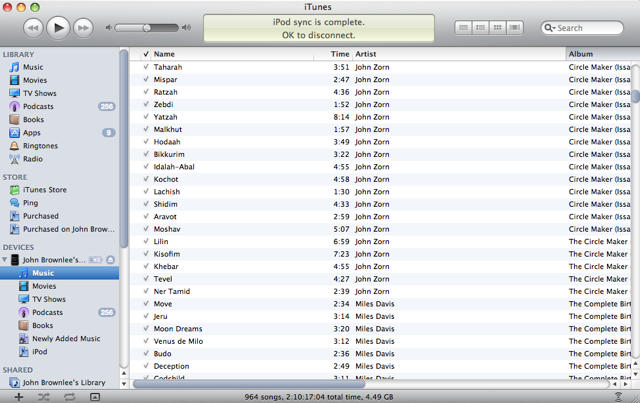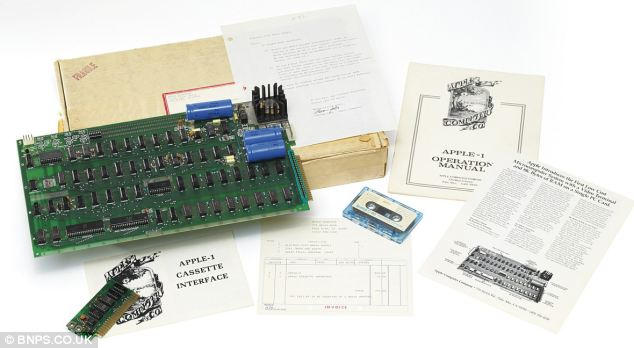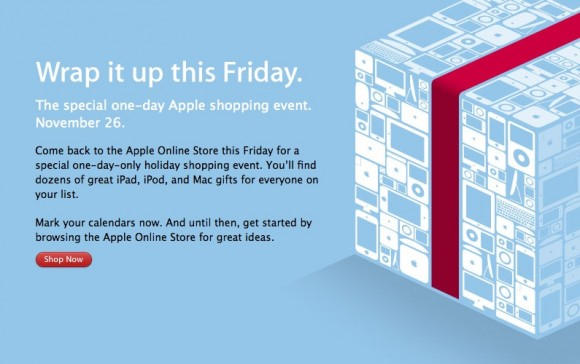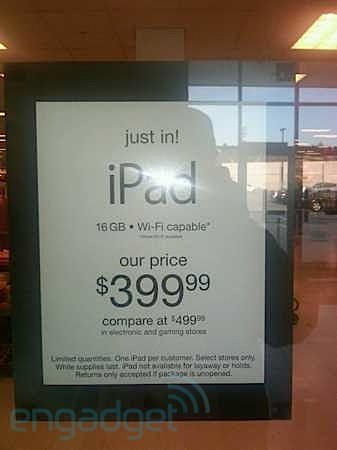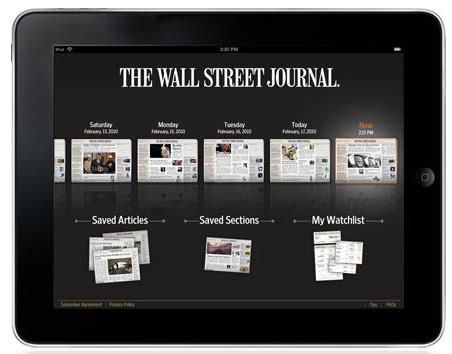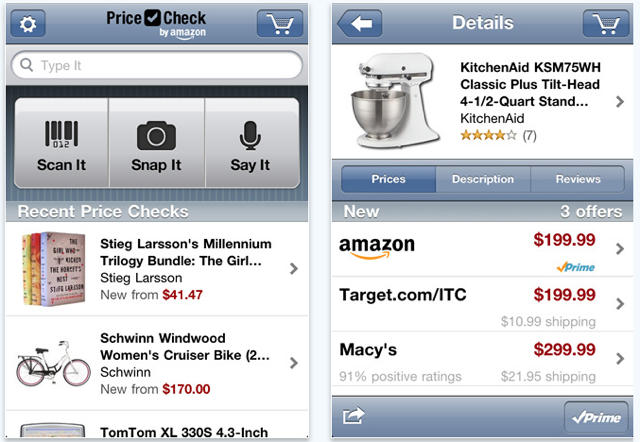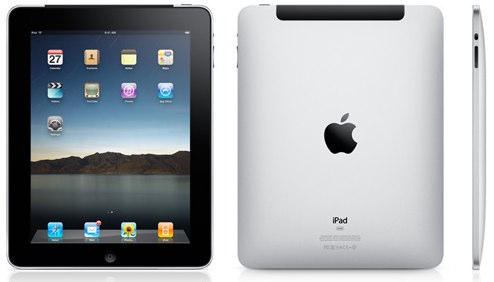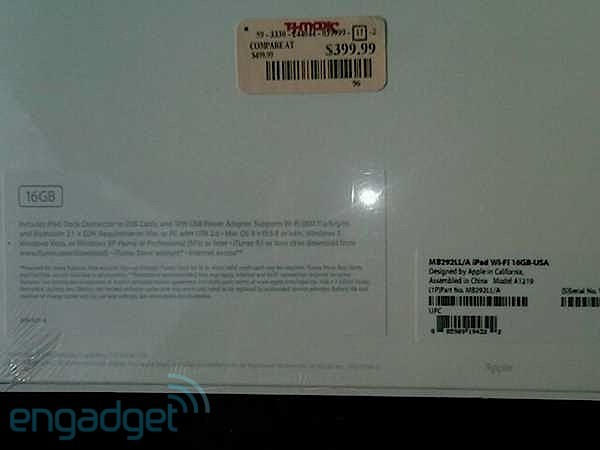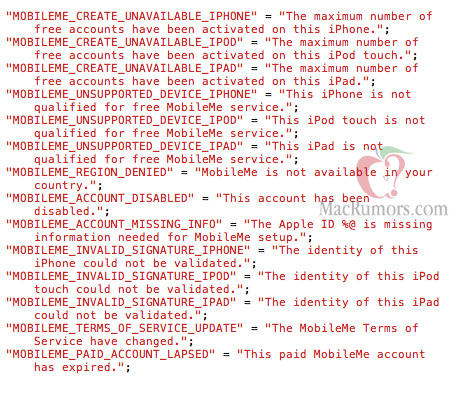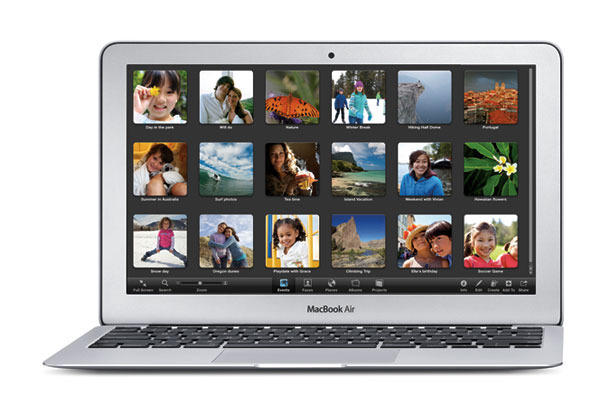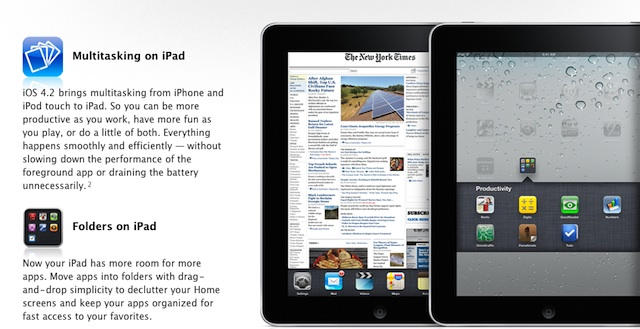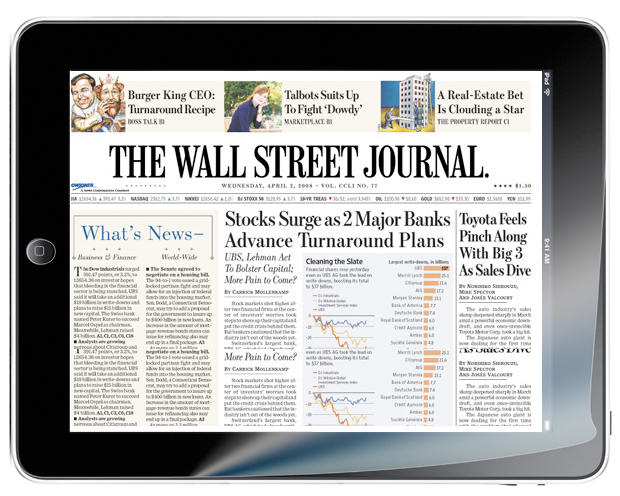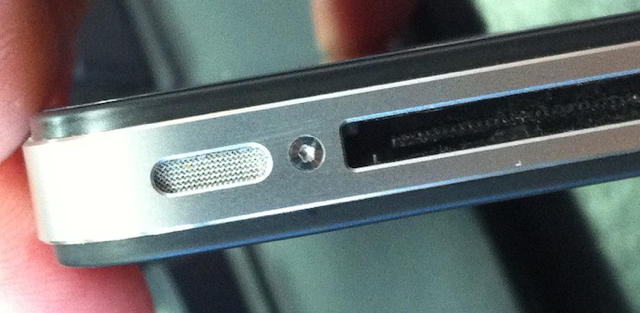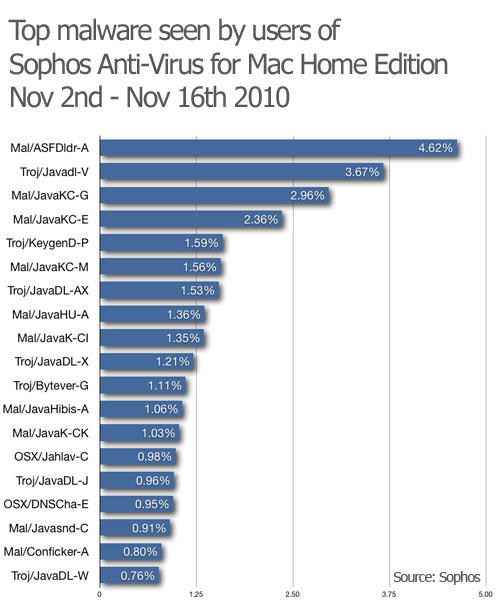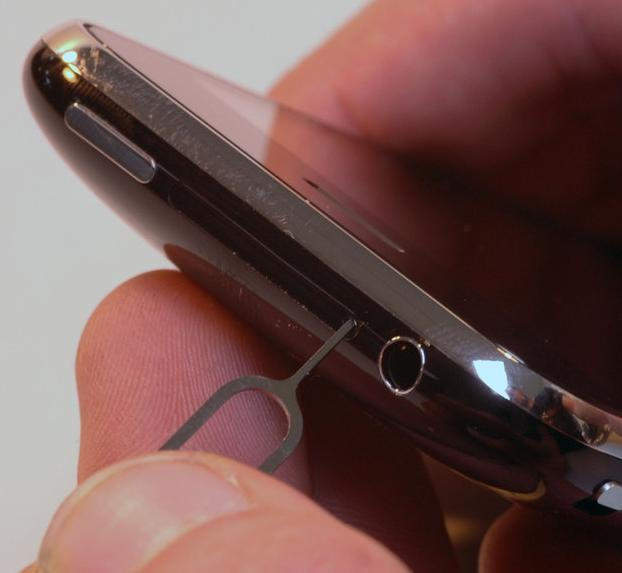One of the most frustrating aspects of iOS 4.2 and OS X 10.6.5 is how Apple’s new wireless printing standard, AirPrint, was gimped at the last minute from running on pretty much every shared network printer connected to a Mac to only officially supported on 11 AirPrint-compatible printers.
One iPad owner named Stan was so frustrated, in fact, that he wrote to Steve Jobs. “You got me all hyped about AirPrint. Now with iOS 4.2 released, I find out that I can only print on 11 select printers. Seriously?!”
Seriously, replies Steve, before reassuring Stan that the move to driverless, wireless printing is a vast undertaking, and that iOS 4.2’s AirPrint support is only the first step.
